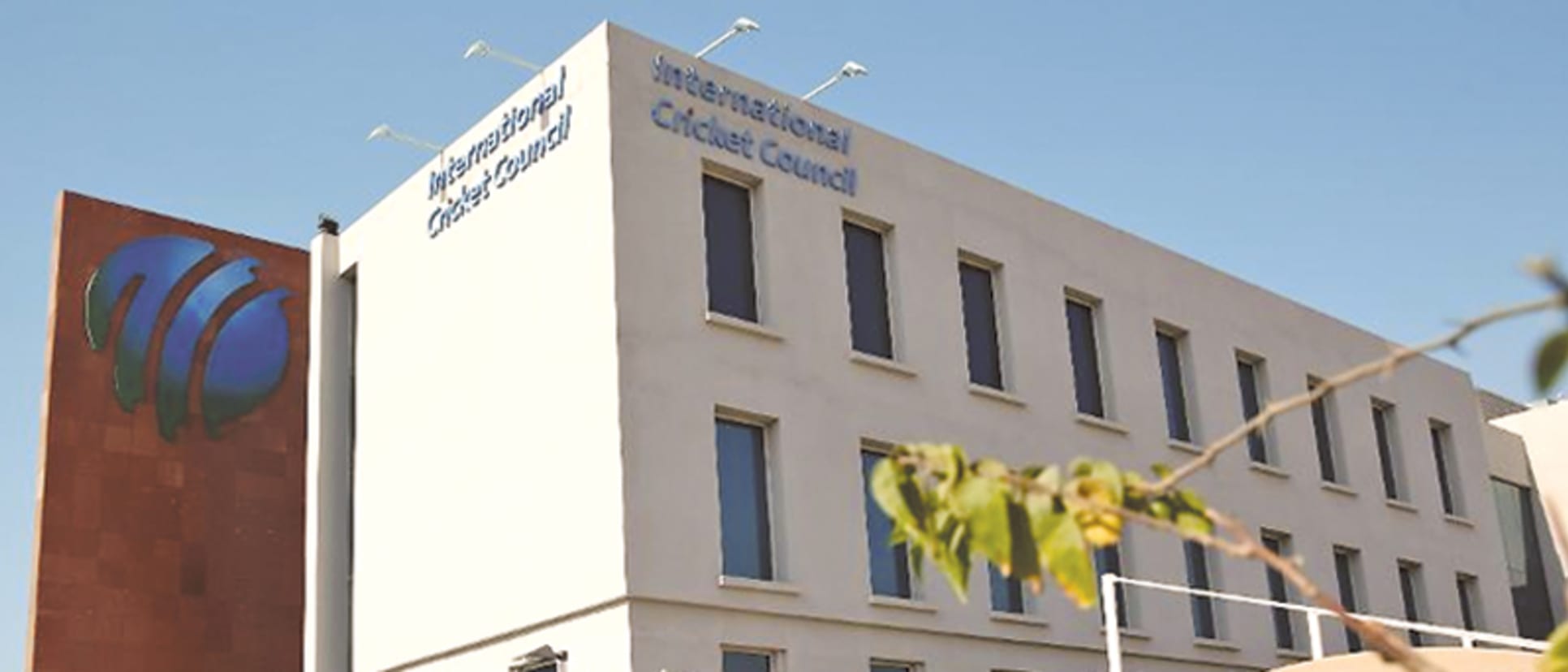ICC Sanctioning Regulations

At the ICC Board and Committee meetings in April 2022, the revised ICC Regulations on Sanctioning of Events and Player Release (the “Regulations”) were approved and came into effect on 10 April 2022.
One key change was the revision to the trigger that required ICC sanctioning in addition to Member Board sanctioning for domestic events. In particular, ICC sanctioning is now required in addition to Member Board sanctioning for those domestic events which take place in the territory of an Associate Member, and which involve more than 4 current or former (i.e. who have played for the national team in the previous 24 month period) players from Full Member countries. Previously, the Regulations required sanctioning only if squads included 4 or more current Full Member players or Associate Member with ODI status players.
The revised Regulations also specify certain conditions which must be met in order for an ICC sanction (where required) to be granted, including, the home Board underwriting/guaranteeing all player payments, and adequate anti-corruption measures/protections in place to ensure the integrity of the event. Further, the Regulations now specifically provide for the ability of the ICC to withdraw its sanction at any time prior to the first match if the basis on which the sanction was granted changes significantly and had the sanction been applied for on that basis, the sanction would have been refused. In addition, under the above circumstances, the ICC may consider the possibility of granting multi-year or multi-edition sanctions.
In the case of any event requiring ICC sanctioning, an application form is required to be completed, signed and submitted to the ICC Senior Cricket Operations Manager at least 3 months prior to the scheduled start of the event. The application form must be accompanied by all relevant supporting documentation. Part of the application form requests details of the event organiser or promoter if it is not a Member Board. In collating this information, Members are expected to conduct appropriate due diligence checks on the proposed organisers/promoters. Guidance on essential information that should be obtained in addition to general due diligence can be found in Appendix 1 of the application form.
The guidance in Appendix 1 of the application form consists of 14 questions that at the bare minimum should be put to any potential organiser, promoters, sponsors, and/or league or franchise owners. The questionnaire was designed to obtain information such as the organiser/promoter’s core business, their motivation for involvement, whether they have prior experience in cricket or sports events, their source of income, details of their ability to pay the required fees and source of the funds in financing the fees. The questionnaire was also designed to seek information on ownership structure and individuals involved in the company, including whether the Company or their immediate family member(s) bet on cricket, whether they have current or prior involvement in any anti-corruption unit investigation, whether they have pending or threatened proceedings or investigation before any court or regulatory authority and whether they have been convicted of any criminal offence.
Having detailed information on proposed organisers/promoters will not only assist in the sanctioning process, but it will help Member Boards protect themselves from potentially adverse companies, and further assist in the wider efforts to protect participants and preserve the integrity of the sport.